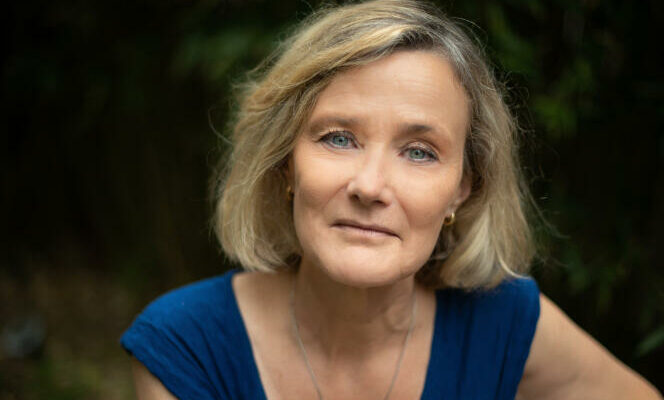Independent Swiss journalist specializing in food and gastronomy, Véronique Zbinden published Cuisine and spirituality. Stories of chiefs, monks, gatherers and Zen Buddhists (Stock, 2023). A dense and in-depth work in which she explores the links currently being woven between the world of spirituality and that of haute cuisine.
Your book is the result of a long-term investigation, made up of travel, research and interviews, which spans several years. What was the starting point?
It all started with my meeting with Jeong Kwan as part of a gastronomic fair, organized in Turin. Jeong Kwan is a nun of the Jogye order, the most important branch of Korean Zen Buddhism. She practices what we call “temple cuisine”, a form of holistic medicine in which each ingredient is believed to exert a specific influence on the body and mind, in addition to providing a therapeutic effect – energizing or calming – to the person who eats it. It really clicked and I wanted to go and experience her cuisine in her monastery in South Korea, where she lives as a recluse. I was struck by his spiritual approach to food, which I saw as a quest for authenticity, which influences more and more chefs around the world.
Throughout your reports, you paint the portrait of these Western chefs who now place spirituality at the center of their culinary approach. Who is it ?
I first became interested in Eric Ripert, the three-star Franco-American chef at the helm of Le Bernardin in New York. He was the first to invite Jeong Kwan into the kitchen of his restaurant and draw inspiration from his philosophy. I also devote a chapter to Daniel Humm, who was largely influenced by the shojin ryori, the cuisine of Japanese temples, as it transforms its gourmet restaurant in Manhattan, Eleven Madison Park – now exclusively focused on plants. In Switzerland, I tell the story of Judith Baumann, a pioneer in the cooking of wild plants, imbued with Taoist spirituality. In France, I quote Alain Ducasse, who was also inspired by cooking shojin ryori to develop his concept of “naturalness”. Or Pascal Barbot, who, on the eve of the reopening of his Parisian restaurant, Astrance, recently went to South Korea to recharge his batteries with Venerable Wookwan, an eminent personality of Korean Buddhism. They all have in common this search for meaning that they find in very ancient spiritualities.
You have 58.83% of this article left to read. The rest is reserved for subscribers.
